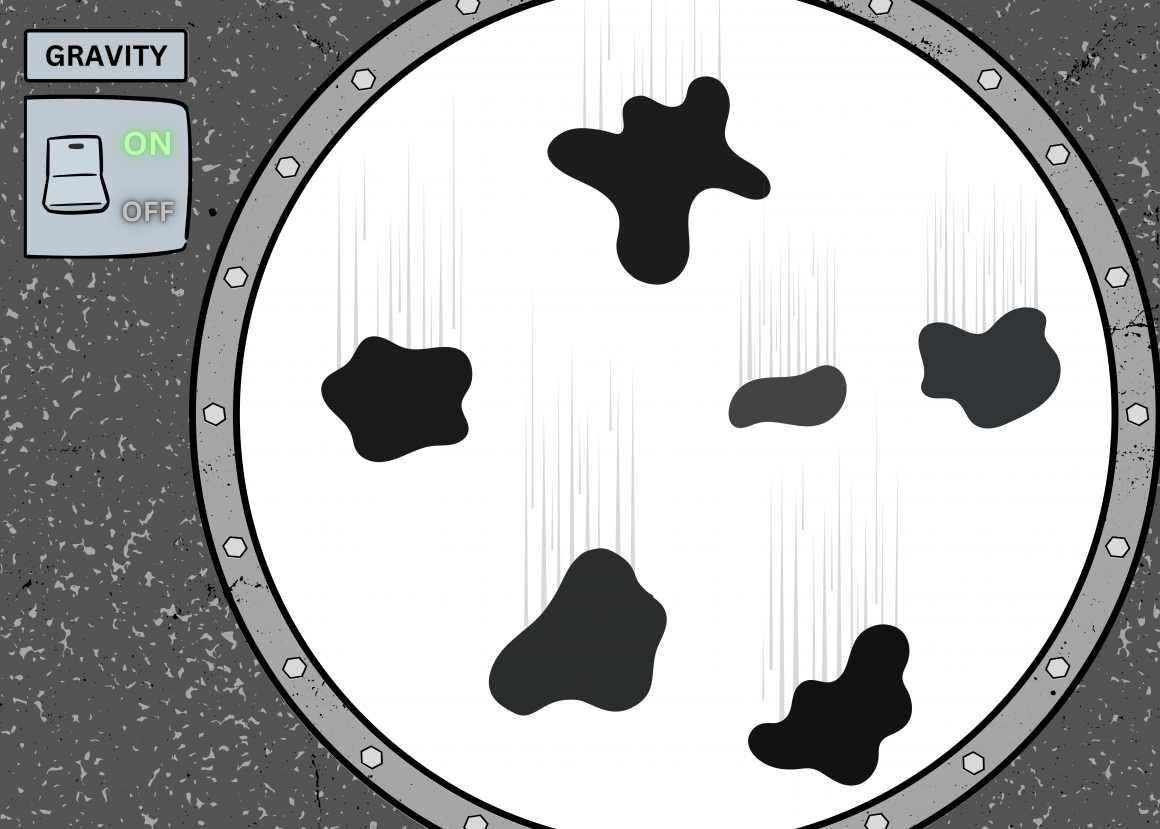
Antimatter research takes a giant leap with gravity experiment
By Nimra Amir, November 10 2023—
Our understanding of the fundamental nature of the universe has long been a pursuit marked by unanswered questions. For example, while it is understood that when we create matter, we also create antimatter, there has yet to be an explanation for why there is an absence of antimatter in our universe made up of matter. But to develop an explanation means to first answer the more fundamental questions about antimatter like the effect of gravity on the motion of antimatter. A recent publication in Nature — from a collaborative group of physicists from institutions around the world, including UCalgary’s Dr. Robert Thompson, Ph.D., and Dr. Timothy Friesen, Ph.D., from the Department of Physics and Astronomy — does just this.
Albert Einstein’s general theory of relativity from 1915 remains the most successful description of gravitation. However, there is still much to be learned about the gravitating content of the universe like antimatter.
Previously, the Antihydrogen Laser Physics Apparatus (ALPHA) had carried out precision measurements of antihydrogen, which to date remain consistent with current physical models. But the antimatter gravity measurement was carried out in the new ALPHA-g apparatus, now in operation at CERN, the European Organization for Nuclear Research. In which, physicists released the trapped neutral antihydrogen atoms in a magnetic bottle within the vertical apparatus to measure its gravitational behaviour.
“Right now, we don’t have an explanation about where all the antimatter in the universe is,” said Thompson. “To find a solution for this conundrum, what we do is test the elements of the physics of antimatter to see if we can find an inconsistency. In this case, we tested to see if the gravitational characteristics of antihydrogen mirror those of hydrogen.”
The experiment had shown, as Einstein’s general theory of relativity predicts, that antimatter like antihydrogen atoms, falls under the influence of gravity just like regular matter like hydrogen atoms. But as the first experiment to do so, it is a scientific achievement that marks a leap forward in the world of antimatter research and sets the stage for even further exploration.
“There are big mysteries in physics surrounding antimatter and gravity and this experiment is the first step to carefully studying the interaction between the two of them,” Friesen told the Gauntlet.
Friesen also expressed his appreciation for being able to represent U of C in an experiment like this.
“It’s a lot of fun working with antimatter on a challenging experiment like this and representing UofC as well,” he said.
The experiment, while challenging, represents the growing impact that the U of C has on high-impact projects in international research that not only allows U of C students to work in international collaboration at CERN but also gives the general public more reason to get engaged in the world of physics.
“Antimatter tends to get people very curious and interested and leads to a lot of great engagement from students and the general public,” said Friesen.
The ALPHA collaboration at CERN completed the first direct measurement of the effect of gravity on the motion of antimatter using its new ALPHA-g apparatus. But now, as more and more people get engaged, we can only hope for more discoveries in the world of physics as it relates to the mysteries surrounding antimatter.
